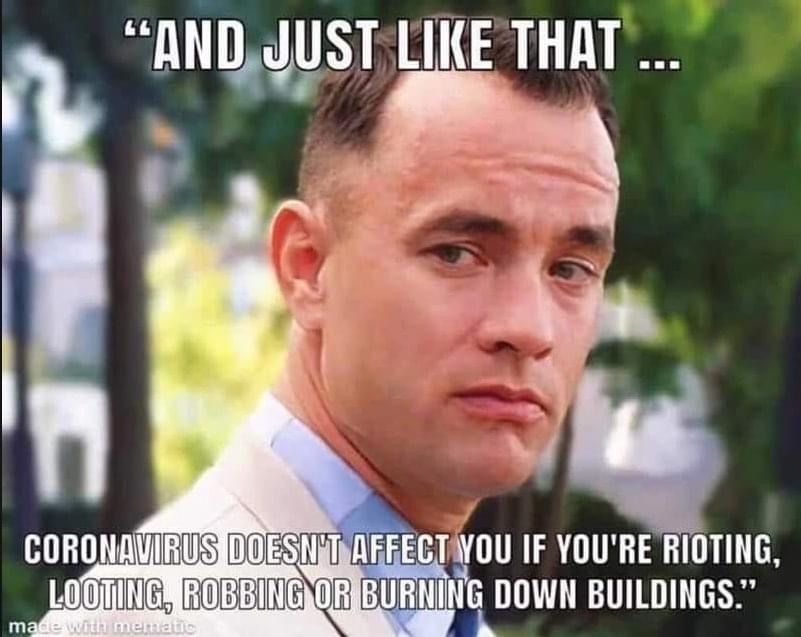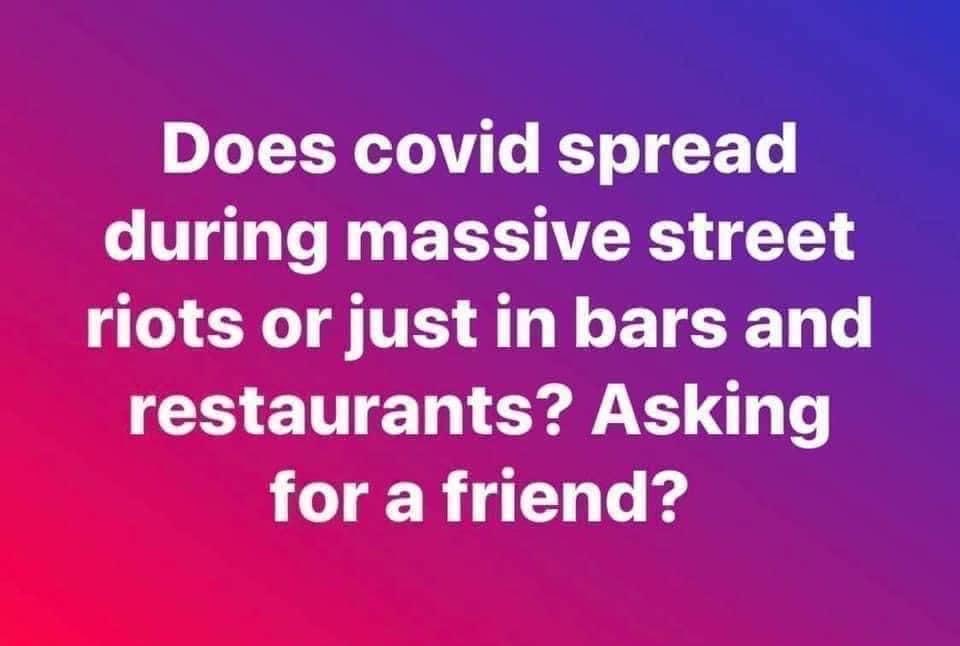I don’t think anyone would dispute that committing fraud in order to help your child get into college is wrong. Cheating on the SATs is obviously unfair, as is and bribing coaches to designate a student as a star athlete when he or she is not. Parents and college consultants who commit fraud should be punished, as the U.S. Attorney’s office is doing by bringing charges in this case. But it is wrong to draw the conclusion, from the actions of a few dishonest people, that all rich people are privileged and undeserving of the success that they have achieved.
For example, Boston Globe columnist Renee Graham writes, “There’s no greater system of affirmative action in America than the one designed to benefit the wealthy and well-connected, especially if they’re white.” She preposterously states that “unless it all comes undone – which is maddeningly rare – a rich kid’s success is always chalked up to his or her hard work and personal sacrifice.” In my experience, nothing could be further from the truth. The media is filled with stories lauding people from disadvantaged backgrounds who achieved success, while people from wealthy backgrounds are stigmatized as lazy, entitled, and lacking in grit. It is assumed that their lives are nothing but ease and luxury and that their success is a result of their family connections and access to expensive lessons, summer camps, and college admissions counselors.
Globe columnist Yvonne Abraham argues that the college admissions scandal shows why affirmative action is needed. But this would just be replacing one form of unfairness with another. Yes, the actions of those arrested in the fraud case are wrong. And other, perfectly legal advantages that benefit rich students, such as giving preference to children of donors, are also unfair to other applicants. But why is the answer to this yet another form of discrimination? Giving preference to people simply for being non-white is equally unfair. In today’s college admissions system, those at the top and those at the bottom of the income ladder receive unfair advantages, the former group through money and social networks and the latter group through programs, admissions policies, and financial aid policies designed specifically to benefit them. It is those in the middle who are disadvantaged, with access to neither the social networks that many wealthy people have, nor the charitable and government programs for which the poor are eligible. Both of these forms of unfairness should be abolished.
A Boston Globe editorial went so far as to criticize the fact that colleges take athletic achievement into account in the admissions process. “Reserving spots for athletes is often a way of rewarding the rich,” the editorial states. “While there may be some inner-city squash or fencing or water polo teams, we’re going to go out on a limb and say there are probably not many… Reserving spots for sailors may not officially be the same thing as reserving spots for rich people – but c’mon.” This is just insulting to students who excel at these sports. Admitting athletes in sports played by a high percentage of rich people is not the same as reserving spots for rich people – these students are being rewarded for their athletic ability, not for their family income. To dismiss fencers, squash players, polo players, and sailors as being granted admission merely because they tend to be rich minimizes these athletes’ talent and achievements.
No one chooses the economic circumstances into which they are born. It’s not as if a person is doing something wrong by being born into a rich family. Why should people who have the fortune (misfortune?) of being born to wealthy parents be punished for something over which they have no control? Yet that is exactly what happens when people treat wealthy students as inherently undeserving of success.
Why not have a system where colleges simply admit students based on merit, without regard to their race, ethnicity, or economic circumstances? Of course, merit is difficult to define, and it would be impossible to reach a unanimous decision about how the various factors – grades, test scores, musical, artistic, or athletic talent, extracurricular achievements, essay, and interview, just to give a few examples – should be weighed. But everyone should be able to agree that race has nothing to do with merit, not do social networks or parents’ decisions to donate money to a college. We should be striving to have a college admissions system that judges students on their individual merit, not one that adds one form of unfairness on top of another.











